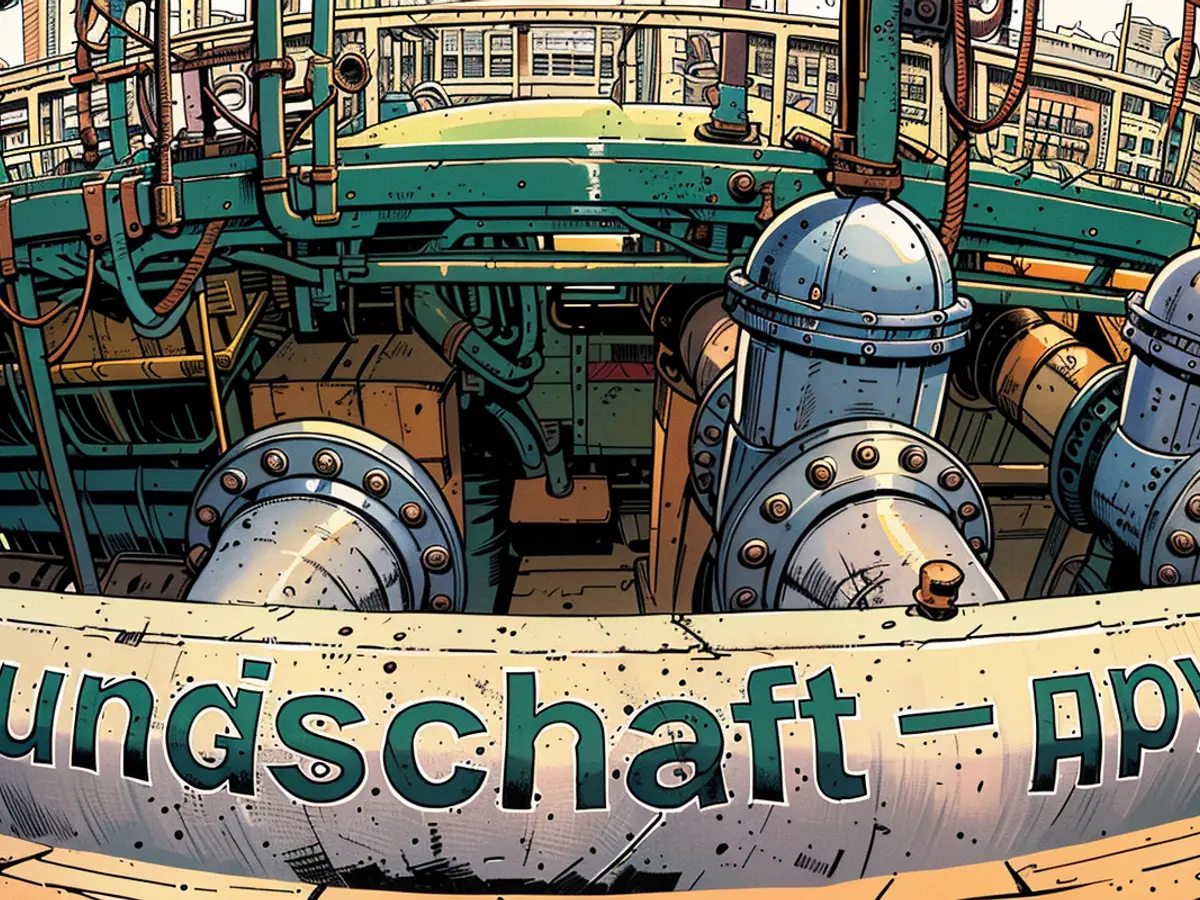Hungary and Slovakia persist in obtaining oil from Russia
In a disagreement over Russian oil supplies to Ukraine, Hungarian oil corporation MOL proposed a "sustainable method" as a response. The Hungarian administration commended this "innovative approach" on Tuesday. According to reports, MOL has entered into contracts with pipeline suppliers and operators of the "Friendship" pipeline. Since Monday, MOL has assumed "control of the impacted oil volumes at the border between Ukraine and Belarus".
The "Friendship" pipeline, controlled by Russian firm Transneft, connects oil fields in western Siberia to European refineries. In Belarus, the pipeline splits, with the northern branch traveling through Poland to Germany, and the southern branch going through Ukraine to the Czech Republic, Slovakia, and ultimately, Hungary. In July, Hungary and Slovakia accused Ukraine of impeding Russian company Lukoil's oil shipments through the pipeline, jeopardizing their energy security.
Following Russia's conflict against Ukraine in 2022, the EU halted Russian oil imports – however, exceptions exist. To give central European countries some leeway in adjusting, oil continues to circulate through the southern "Friendship" pipeline. Hungarian President Viktor Orban maintains strong relations with Russian President Vladimir Putin. On Monday evening, MOL declared that their new "sustainable solution" avoids violating the EU's sanctions against Russia.
The Hungarian oil corporation MOL's new contracts with pipeline suppliers and operators ensure the continuous flow of oil through the "Friendship" pipeline, despite the EU's sanctions. Despite the EU's halt on Russian oil imports, Hungary still relies on oil from this pipeline to meet its energy needs.








